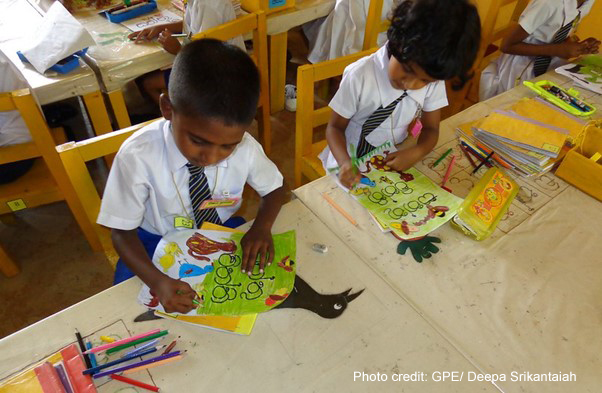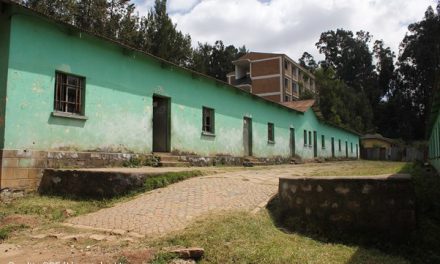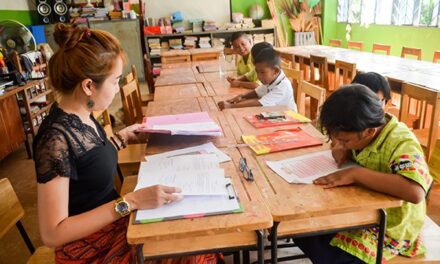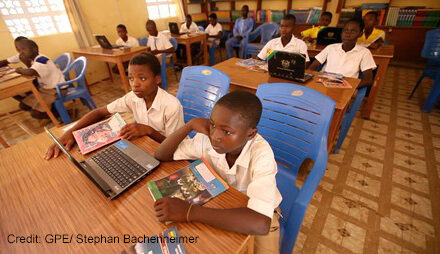This blog was written by Professor Angela Little, Professor Emerita at the University College London Institute of Education and UKFIET Trustee 2008-14 and 2017-23.
The new Open Access book, ‘Development, Education and Learning in Sri Lanka: an international research journey’, draws together research on Sri Lanka, undertaken over the past 50 years. This has been a period of Sri Lankan history during which much has changed in national politics, economy and society, in the international development community, in the world at large, and in the field of study of development and education.
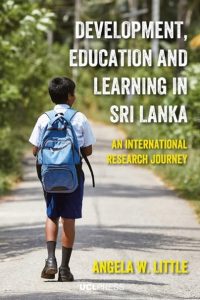 The research has involved a range of collaborations with researchers across Sri Lanka, in communities, schools and education offices, and through conversations with, amongst others, countless parents, teachers, students, trade union officers, politicians and members of local, national and international development communities.
The research has involved a range of collaborations with researchers across Sri Lanka, in communities, schools and education offices, and through conversations with, amongst others, countless parents, teachers, students, trade union officers, politicians and members of local, national and international development communities.
The book provides reflections on the distinctive and changing features of the Sri Lankan education system through an understanding of national political, economic and social conditions, crises and upheavals and their effects on education policy and inequalities, as well as through comparisons with systems elsewhere. The intellectual thrust of the book is ‘explaining and understanding’ rather than ‘blaming and prescribing’.
Sri Lanka’s early achievements in education and literacy among both boys and girls have often been used by the international development community as a benchmark for low- and low middle-income countries elsewhere. Early reforms – including fee free education from kindergarten to university, first language education, the abolition of English-medium private schools – were driven by the political movement for independence. Subsequent reforms – including in examinations, curriculum, the upgrading of rural schools and educational decentralisation – have been driven more by youth insurrections, political crises and civil war. Despite increased opportunities in education across the country and among diverse social groups, inequalities and divisions remain. Current policy challenges include, inter alia, languages of instruction, gender differences in education and the workplace, education technology and education finance.
The sixteen chapters of the book are framed by familiar themes in the international development literature including modernisation, dependency, basic needs, structural adjustment, globalisation, sustainable development and post-colonialism. The book’s overriding message is the need to understand education and development in a country’s own terms and to place learning at the heart of education policy, situated within broader conceptions of the purpose, values and means of development.
The book is published by UCL Press, and is free to download.

